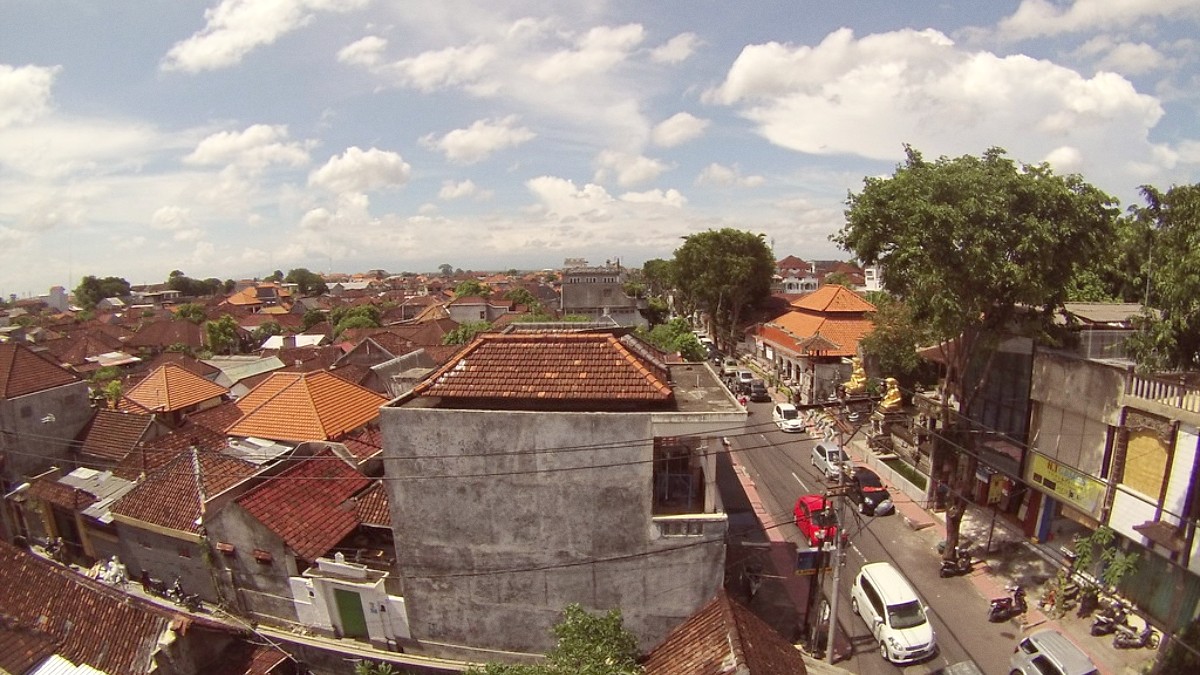
Bali, Indonesia
Denpasar's public transportation system is less developed than in many major global cities, but it features budget-friendly options for those willing to navigate it.
The Trans Sarbagita Bus System operates a limited public bus service on main routes connecting Denpasar to surrounding areas like Kuta, Sanur, and Jimbaran. These buses are air-conditioned and generally more comfortable than the older "bemo" minibuses.
Public buses and bemos are generally not accessible for travelers with mobility challenges.
For efficient movement, ride-hailing apps (GoJek, Grab) are more reliable and convenient, often slightly more expensive than public transport for tourists.
Clearly state your destination with drivers, especially for bemos, and prepare for stops and detours.
Requires IDP and national license. Costs USD 16-33/day.
Most popular for tourists. Requires IDP & motorcycle license. Costs USD 4-6.50/day. Wear a helmet.
Limited formal sharing. Available from guesthouses/shops, especially in Sanur. Costs USD 2-3.30/day.
Highly popular for sightseeing. USD 40-60/day (8-10 hours, often includes petrol).
Movement by foot or bicycle offers a different perspective, though Denpasar's urban environment presents considerations.
No hop-on-hop-off services in Denpasar. Many operators offer pre-arranged group tours in air-conditioned buses.
Mainly used for inter-island travel to Nusa Penida, Nusa Lembongan, Lombok, and the Gili Islands.
Dokar: Horse-drawn carts, found in some markets for short, nostalgic rides.
While ride-hailing apps offer convenience, consider walking shorter distances in less congested areas like Sanur's promenade to enjoy the local atmosphere.
For exploring the wider island, a private driver provides maximum comfort and local insights without the stress of navigating traffic yourself.